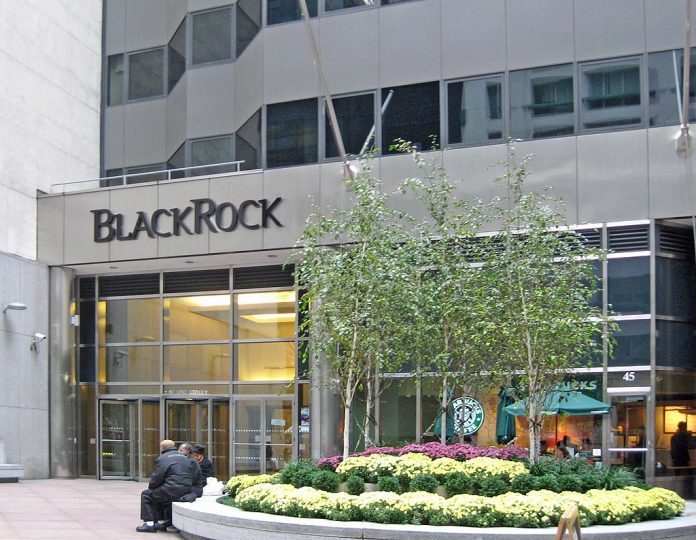One of the world’s largest asset managers, BlackRock reported a significant outflow of $83 billion from its exchange-traded funds (ETFs) in the second quarter. This unprecedented movement reflects the growing market volatility and shifting investor sentiment. This article explores the factors behind this substantial outflow and its implications for BlackRock ETFs and the broader market.
Massive Outflows from BlackRock ETFs in Q2
In a surprising turn of events, BlackRock experienced a massive $83 billion outflow from its ETFs during the second quarter of the year. This is a stark contrast to the previous quarters where the company consistently saw net inflows. The outflow is largely attributed to the increased market volatility and a shift in investor sentiment towards risk aversion.
The outflow from BlackRock ETFs signifies a broader trend where investors are moving away from equity markets due to uncertainties such as inflation fears, geopolitical tensions, and potential interest rate hikes by the Federal Reserve. As a result, many are reallocating their assets into safer investments like bonds and cash equivalents.
Factors Contributing to the Outflow
Several factors have contributed to the substantial outflow from BlackRock ETFs. Firstly, the heightened market volatility has led to increased uncertainty among investors. The ongoing geopolitical tensions, particularly the conflict in Ukraine, have exacerbated fears of economic instability, prompting investors to seek safer havens.
Secondly, inflation concerns have played a significant role. With inflation rates rising to levels not seen in decades, the Federal Reserve has hinted at potential interest rate hikes to curb inflation. This prospect has led investors to reconsider their exposure to riskier assets like equities, leading to the significant outflow from BlackRock ETFs.
Additionally, the second quarter witnessed a broader market correction, with major indices such as the S&P 500 and NASDAQ Composite experiencing notable declines. This market correction further fueled the outflow as investors moved to protect their capital.
Impact on BlackRock and the Broader Market
The $83 billion outflow from BlackRock ETFs has significant implications for the company and the broader market. For BlackRock, this outflow represents a substantial reduction in assets under management (AUM), which could impact its revenue and profitability. As one of the largest ETF providers, BlackRock relies heavily on the fees generated from managing these assets.
The broader market impact is also noteworthy. The outflow from BlackRock ETFs reflects a shift in investor sentiment and a move towards more conservative investment strategies. This shift could lead to reduced liquidity in the equity markets, potentially exacerbating market volatility.
Moreover, other asset managers and ETF providers may also experience similar outflows as investors reassess their portfolios in response to the current economic environment. This trend could lead to increased competition among asset managers to retain and attract investor funds.
BlackRock’s Strategic Response
In response to the outflow, BlackRock is likely to reassess its strategies to stabilize its ETF offerings and regain investor confidence. The company may focus on enhancing its product offerings to cater to the changing investor preferences. For instance, BlackRock could emphasize its fixed-income ETFs and other conservative investment options to attract risk-averse investors.
Additionally, BlackRock may increase its efforts in investor education, providing insights into market conditions and the benefits of maintaining diversified portfolios even during volatile times. By addressing investor concerns and highlighting the long-term benefits of its ETF products, BlackRock can work towards mitigating the impact of the outflows.
Future Outlook for BlackRock ETFs
Despite the current challenges, the long-term outlook for BlackRock ETFs remains positive. The company’s strong track record, extensive product offerings, and global reach position it well to navigate the current market volatility. As market conditions stabilize, BlackRock is likely to see a return of investor confidence and subsequent inflows into its ETF products.
In conclusion, the $83 billion outflow from BlackRock ETFs in the second quarter highlights the impact of market volatility and shifting investor sentiment. While this presents challenges for BlackRock, the company’s strategic response and strong market position are likely to support its recovery and future growth.
Featured Image:
















